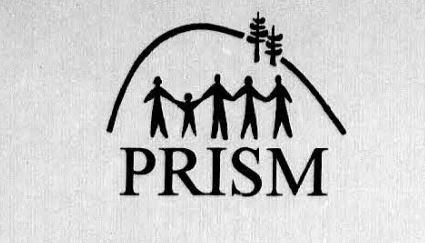Moody's Investors Service has made a small upgrade in its rating of $226 million in outstanding bonds issued by the DeKalb County.
The rating was increased from Aa3 to Aa2, moving the county's long-term bond rating from the fourth-highest to the third-highest category. Aaa is the best rating, followed by Aa1, Aa2 and Aa3. DeKalb County had an Aaa rating in 2001.
"The upgrade affects $226 million in outstanding general obligation bonds. The outlook is revised to stable from positive," Moody's states.
"Obligations rated Aa are judged to be of high quality and are subject to very low credit risk," according to Moody's. Ratings higher than what DeKalb County received indicate an bond obligation "of the highest quality."
Bond issuers generally pay Moody's to get their ratings. Moody's report indicates that DeKalb's rating was solicited. Bond ratings help determine interest rates for municipal debt.
"The upgrade to Aa2 reflects the county's healthy and improved financial position driven by solid management and conservative budgeting," the credit-rating company said. "Further, the rating incorporates a large and diverse tax base, average resident wealth and incomes for the region and manageable debt and pension liabilities."
"The outlook also reflects continued growth in the county's already sizeable tax base," Moody's said. "The outstanding 2016 GO bonds are secured by the county's unlimited general obligation pledge levied within the Special Tax District, which accounts for approximately 83.5% of the county's total assessed value."
DeKalb County has a $1.4 billion operating budget that includes a $113 million rainy-day fund.
“Much like the hard-working ants in Aesop’s fable, we built our financial reserves during periods of economic growth. Thus, we are better positioned to protect DeKalb’s quality of life from the health and economic crisis that is buffeting the American economy,” CEO Thurmond said.
The ants in the Aesop's Fable mentioned by Thurmond refuse to help a starving grasshopper in the winter who humbly begs for a bite to eat.
